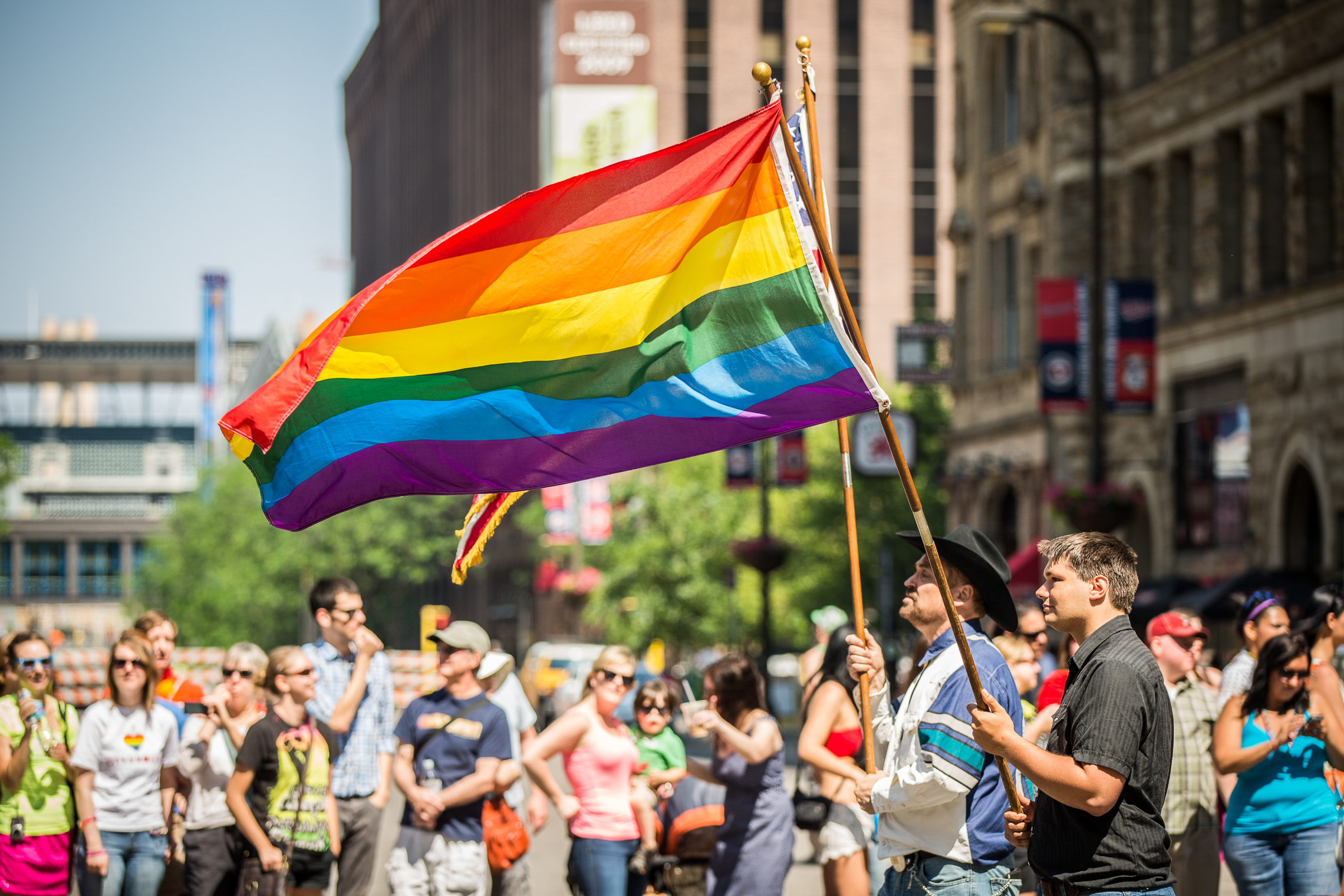
MyLena Ferman
Despite many accomplishments, there are still places around the world in which homosexual relationships are banned or not protected by law. Same-sex marriage is only legal in about 19 percent of the world, with only 34 percent of regions allowing full protection against LGBT+ discrimination and 31 percent of regions having homosexual activity outlawed entirely, according to equaldex.com.
Below are a list of different continents and some information on the status of homosexual relationships in each.
Africa:
Six FSC students hail from different regions in Africa, a continent in which the majority of regions (58 percent) have outlawed homosexuality. In four countries, having a same-sex relationship is punishable by death. In 33 countries it is illegal and punishable by imprisonment.
In Uganda, not only is engaging in same-sex relationships punishable by law, but also promoting them is illegal. The punishment is often seven years or more in prison, according to Amnesty International UK.
In 23 countries, being homosexual is legal. South Africa is the only country that recognizes same-sex marriage. However, while eight African regions additionally recognize same-sex marriages, they are territories of Spain, Portugal, France and the UK.
Europe:
50 students from FSC come from countries in which homosexual activity is completely legal. There is no place in Europe which it is illegal to have same-sex relationships; however, only 30% of Europe recognizes same-sex marriage while 62 percent has laws to protect against LGBT+ discrimination.
Despite these high numbers, conversion therapy (a practice that aims to change sexual orientation and gender identity) is only banned in 4% of Europe. Malta, one of the smallest countries in Europe, was the first European country to ban conversion therapy back in 2016. In 2018, the British Government banned conversion therapy as part of their LGBT Action Plan. It is still legal in the rest of Europe.
Asia:
Eight FSC students are from one of the largest continents, Asia. It is legal to be homosexual in approximately 43 percent of Asia, though laws differ greatly from place to place with five regions criminalizing gay relationships but not lesbian ones. In eight regions, homosexual people may face whipping or death as punishment.
Two countries in Asia recognize foreign same-sex marriages, the rest of Asia does not. However, Taiwan’s Constitutional Court gave the government until May 2019 to legalize same-sex marriage. They are currently pushing a bill that would grant same-sex couples legal protections similar to those afforded to heterosexual couples. The bill is facing backlash from conservative voters who had previously voted to reject same-sex marriage in referendums. They will be the first country in Asia to legalize same-sex marriage.
Russia legalized gay relationships in 1993 (female homosexual relationships were always legal) though it is illegal to promote homosexuality in any way and same-sex couples do not get the same protections as heterosexual couples do. In Chechnya, however, it is even more dangerous to be homosexual. The country has been known to abduct perceived homosexual people and send them to concentration camps where they may be imprisoned, tortured, or killed. The Head of the Chechen Republic denied the abductions and the existence of homosexual men in the region.
North America:
Majority of FSC students come from North America simply from being a citizen of the USA. 24 students, though, come from various other countries in North America such as Mexico, Canada, Jamaica, and other regions. North America has legalized homosexual relationships in 78 percent of the continent, 25 percent of regions legalized same-sex marriage, and 42 percent have laws to fully protect citizens against LGBT+ discrimination.
Conversion therapy has only been banned by 6 percent of North America. In the USA, only five states have banned it (with one territory and various local laws), it is not banned in six states, and other US regions are ambiguous with their laws. In Canada, it is banned in three provinces and one city, though citizens are petitioning to create a federal ban.
South America:
10 FSC students come from South America, a continent which homosexual activity is 93 percent legal and same-sex marriages are recognized in 36 percent of the area. Additionally, 50 percent of the area protects fully against LGBT+ discrimination.
Though many countries do not recognize same-sex marriage, some through constitutional bans, Guyana is the only country to have homosexual relationships criminalized. The prison punishment is, however, largely unenforced.
Oceania:
One student is from the Oceania area (which consists of Australia, Melanesia, Micronesia, and Polynesia) in which it is legal to be openly homosexual in 71 percent of regions. 38 percent recognize same-sex marriages and 50 percent protect fully against LGBT+ discrimination.
Same-sex marriage was legalized in Australia in 2017 after many years of bills failing. Conversion therapy was banned in one state, Victoria, earlier in the month. Despite Australia promising to make banning conversion therapy a top priority in 2018, Victoria is the first and currently the only state to have banned the practice.